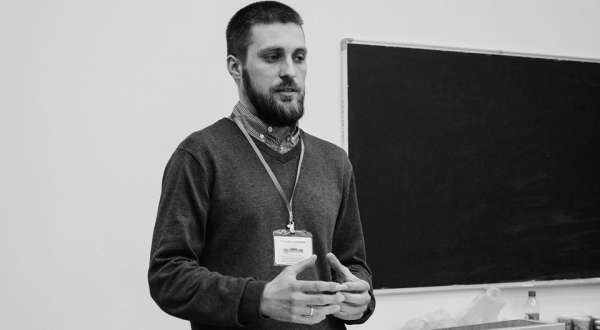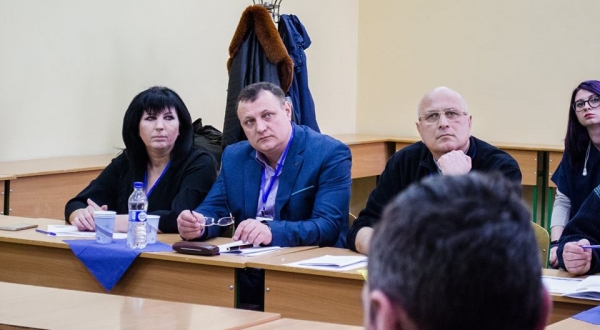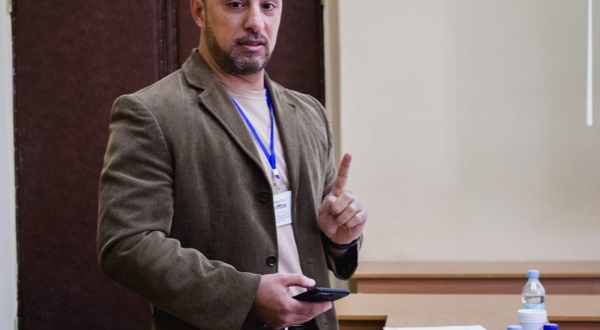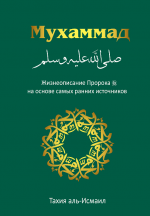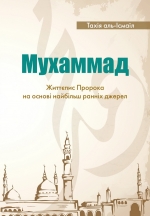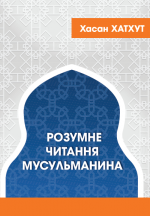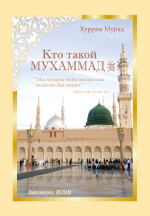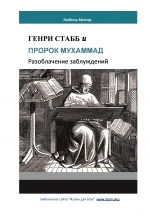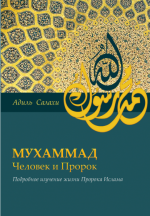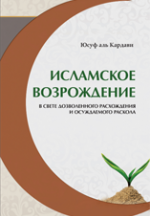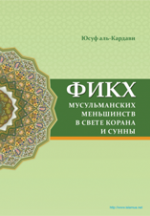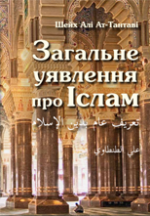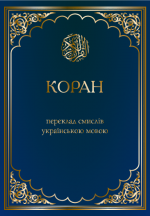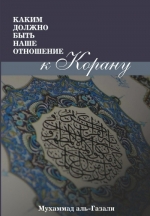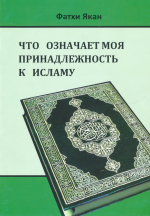Are We Ready For Polyethnic Society? Imam Yevhen Hlushchenko’s Message at International Conference in Kharkiv
On 2-4 April, Kharkiv hosted an International Research and Practice Conference “Touring Business and Existential Soul Searching”, held by Ukrainian Ministry of Culture, Kharkiv State Academy of Culture, Kharkiv City Hall’s Department of International cooperation, and NGO “Socialny Vsesvit” (Ukr. “Social Universe”). The list of participants included, in particular, Kharkiv Imam Yevhen Hlushchenko.
Here’s the text of his message:
“It’s been almost two decades since the terrorist attacks of 9/11 stirred up the world. Those years became a difficult challenge for the future of intercultural and interfaith dialogue. Numerous invasions, terrorist attacks, the emergence of pseudo-state formations, revolutions, global migration put the intercultural relations to a threat. That also set going the discussion on if we were ready to live in a polyethnic society.
Unfortunately, many people asked that question only to continue cultivating stereotypes, having their researches based upon the clash of civilisations theory.
Tourism is believed to be one of means of solving that extremely complicated and important matter, the problem that’s based upon the lack of understanding of culture, traditions, and religious views.
Former UN Secretary-General Ban Ki Moon said in his message to the International Conference on Tourism, Religions and the Dialogue of Cultures (Cordoba, 27 October 2007):
“The universal longing for peace and mutual understanding, coupled with the legitimate aspiration for prosperity and economic development, are common values of humanity shared by all societies. In a global environment marked by rising intolerance and cross-cultural tensions, often exacerbated by the economic divide between nations, tourism can foster spiritual and cultural respect among and between peoples, while creating economic opportunities to benefit disadvantaged populations.
[...] Through your joint efforts, tourists and visitors can become the connecting thread between cultures, bring economic development to remote or depressed regions, and reduce prejudice, distrust and hostility”.
Thus, cultural tourism can be broadly defined as a commercial expression of people’s desire for a first hand experience of how the peoples live in their natural habitat, and for learning their self-expression through arts and crafts, music, literature, dance, food, drinks, crafts and textiles, and languages.
Tourism (cultural in particular) is basically one of the forms of dialogue, where the parties are eager not only to observe and to listen, but to actually see, hear and understand. Cultural tourism provides us with an opportunity to learn not only traditions, everyday life and habitat of some specific community, but also the history and roots of certain people, which is also important for overcoming misunderstanding in the variety of cultural expressions.
Cultural tourism influences the overall tourist culture, providing new opportunities for involving new participants. Cultural tourism consists of individual excursions to certain prominent places in order to learn more about the locals and their ways, their heritage and their art in a habitat that provides the fullest display of that specific culture.”







